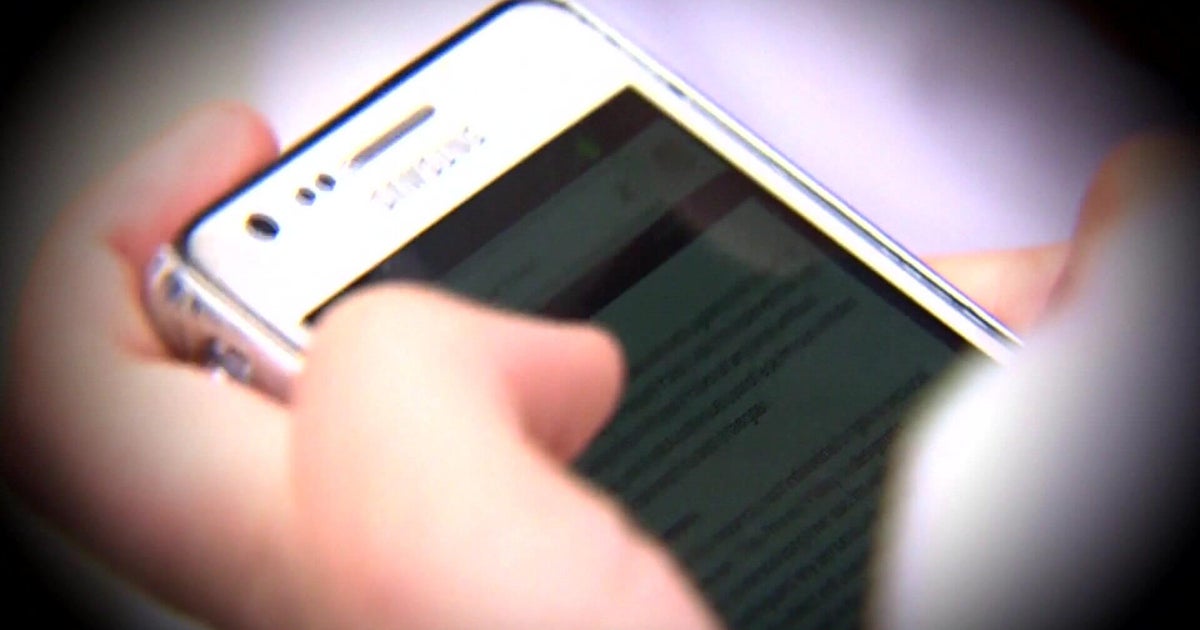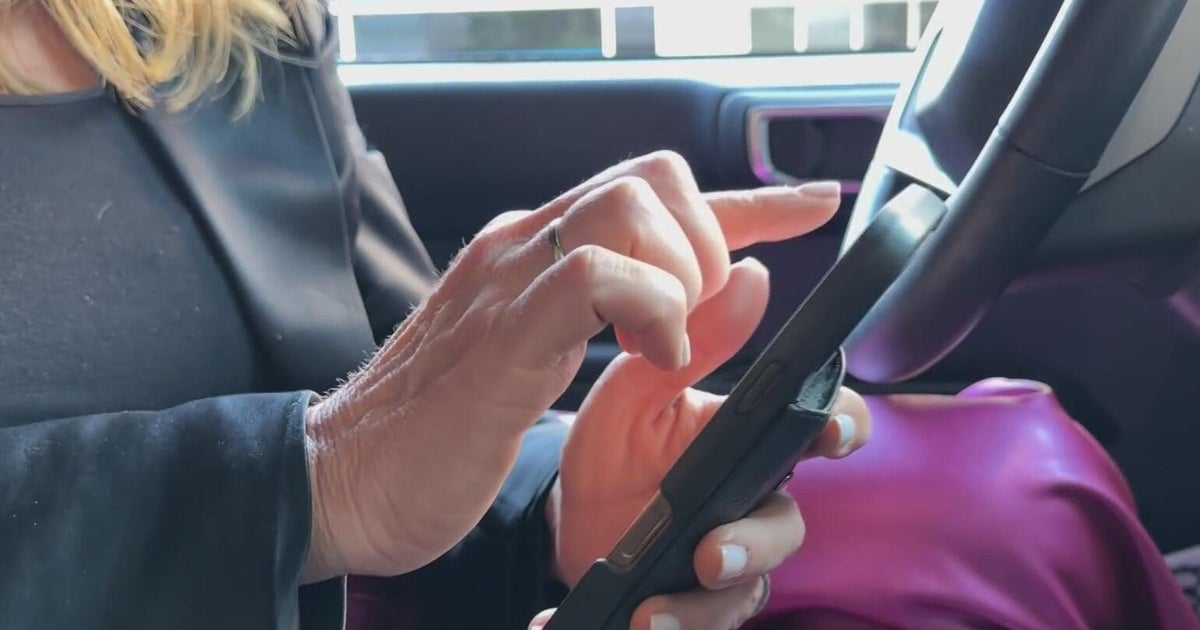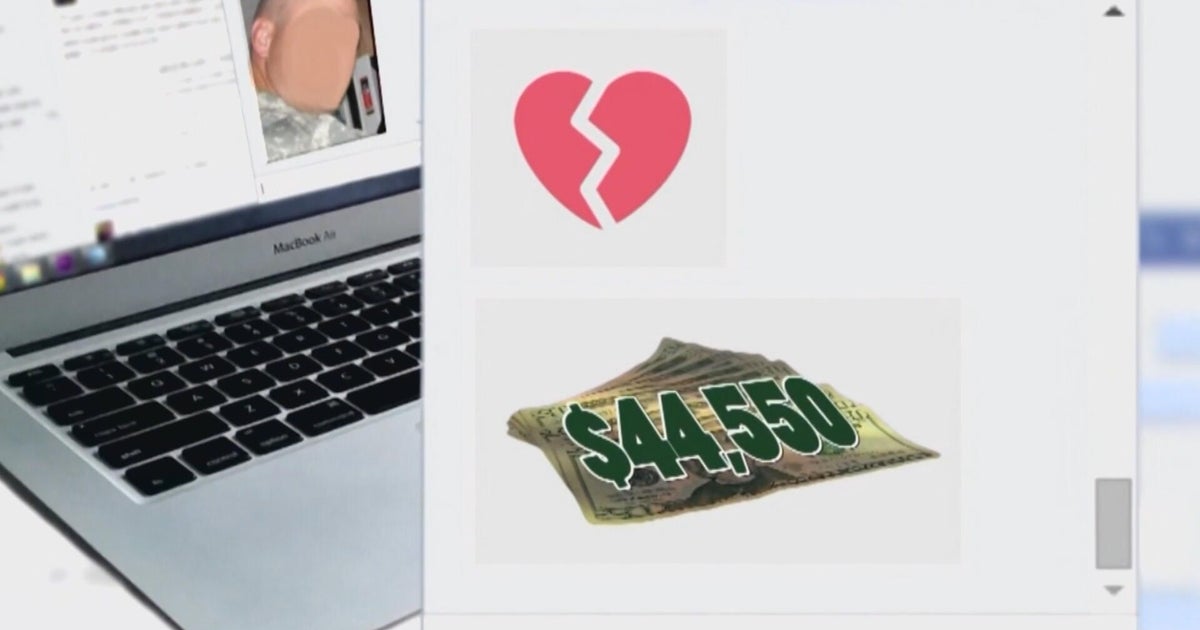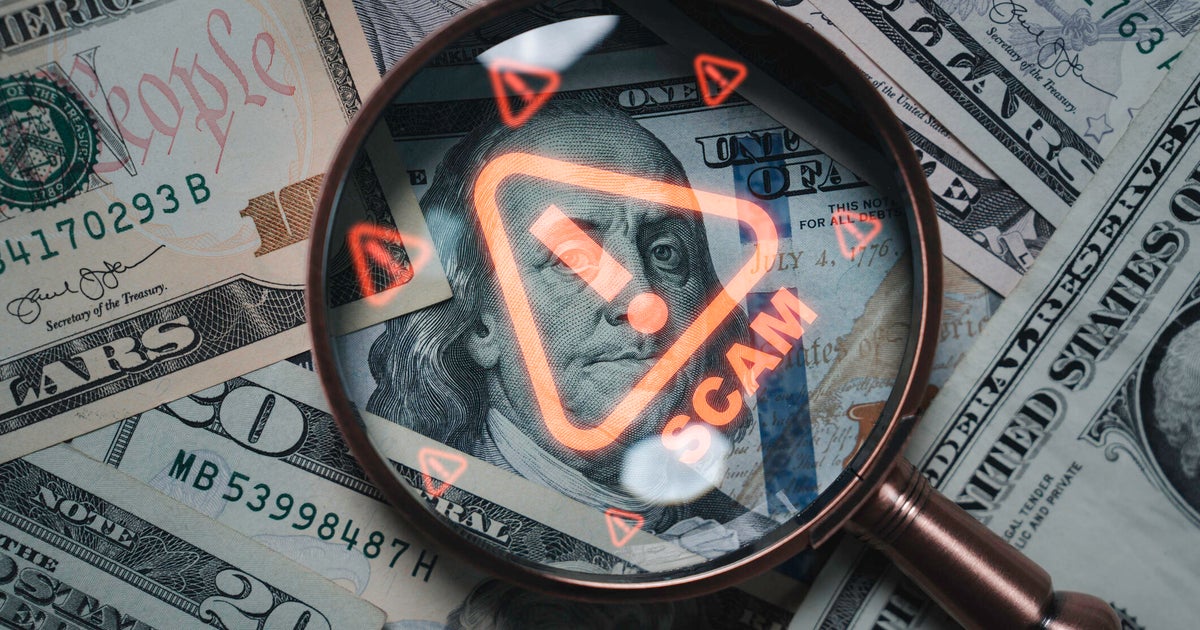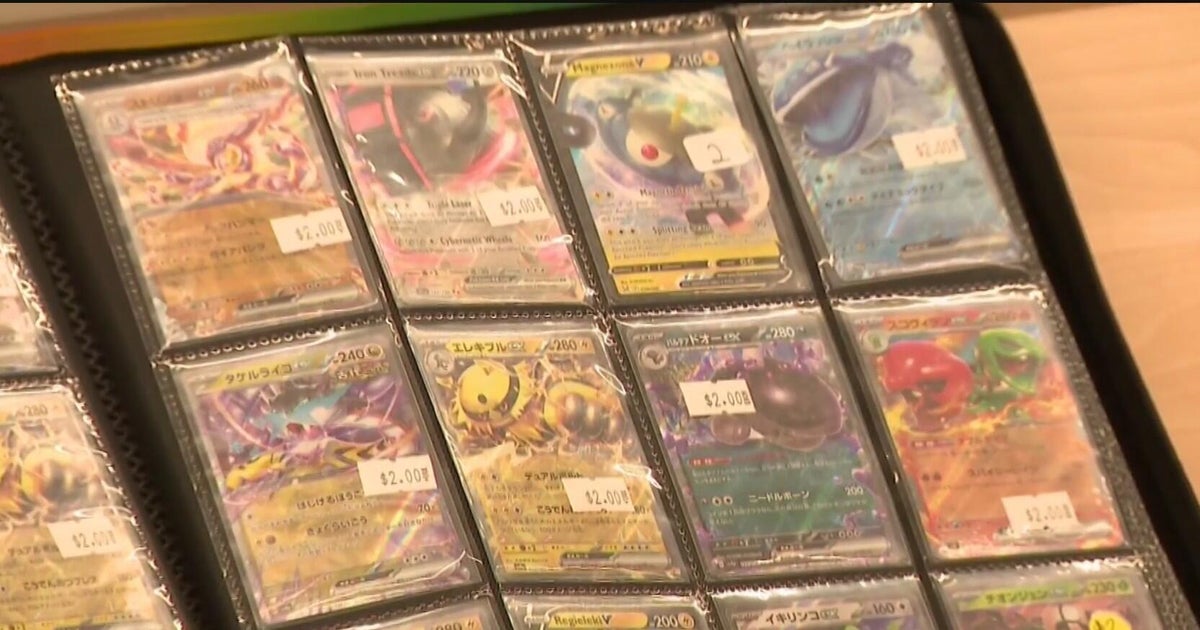Bellwood Senior Issues Warning After Losing $6,000 In Gift Card Scam
BELLWOOD, Ill. (CBS) -- A senior in Bellwood is out $6,000 after falling for a scam.
Now, she's sharing her story with CBS 2's Tim McNicholas to prevent others from experiencing the same.
Joann Willard has a stack of eight Target gift cards, but nothing to celebrate.
"Today I feel stupid for doing it, but I went right along with it," she said.
Last month, Willard got an email from what appeared to Amazon, saying there was fraud on her account. She called the number in the email and they said they'd connect her with her bank.
They convinced her she'd lost thousands, and to get it back, she'd have to buy multiple gift cards – so she did that, $6,000 worth at two different Jewel-Oscos in Elmhurst.
"At first, I thought it sounded funny, because I'd heard about the scams and stuff," Willard said. "But once again, I kept looking at my phone and it was saying it was the bank."
Joann and her daughter Jackie believe the scammers spoofed her bank's number – which was saved in her phone as TCF Bank.
What Jackie can't figure out is why the real TCF didn't flag the unusual purchase from her debit card.
"If she goes to Jewel-Osco and spends $3,000 and then goes to another Jewel-Osco on the other side of town and spends another $3,000, TCF Bank should have stopped that second purchase without question," Jackie said.
Jewel-Osco posts signs near their gift cards warning people about gift card scams – saying you should never give away card numbers to someone over the phone.
"it was my fault," Willard said.
And it is a lesson Willard now knows all too well.
Jewel thanked us for warning viewers:
"We take these crimes very seriously. Without providing specifics on our asset protection measures, we know that scammers target vulnerable members of the community. Our checkout areas display signs that alert customers to these types of scams, and we provide training that asks our checkers to look out for common behaviors that may indicate a scam is in progress. We appreciate your help in warning viewers about the danger posed by these scams."
TCF too acknowledged this is a big problem:
"We are sorry to hear about this customer's situation and are working with her to investigate the matter. We do have multiple systems in place to flag potential fraudulent transactions. We remind our customers to never share information from your TCF Card, PIN or passwords with anyone who is not authorized to use your account, including TCF employees and store clerks; do not share your account numbers or personal financial information, including your social security number, with anyone unless you initiate the contact; TCF employees do not ask you to tell them your PIN or password or ask that you write your PIN or password for them (except for a wire transfer order); you should ask them for identification and contact TCF immediately if you receive suspicious requests for such information; use gift cards only as gifts for people you know; be aware that legitimate businesses and agencies will never demand payment in gift cards; if someone calls you asking for money or gift cards, and call them back and make sure it's not an impersonator."
TCF also explained why Willard's purchases did not raise any red flags. The bank said they were chip+PIN transactions, which would not raise a red flag because the card issued to the customer would have to be present with a four-digit PIN that only the customer knew – as chip cards cannot be duplicated.
Gas station transactions, by contrast, are more often declined – as they use the magnetic strip on the back of the card rather than the chip. Magnetic strips can be counterfeited.
The bank added that the TCF could not see what the purchases were for, i.e., gift cards, but only that they were made at the Jewel-Osco stores. Further, TCF noted that Willard – whom they did not name – often shopped at the store, and noted further that it is not uncommon for small businesses or families to purchase that amount in gift cards for legitimate reasons.
TCF Bank has put together a cybersecurity guide, and the Federal Trade Commission has a page of warnings about gift card scams.
